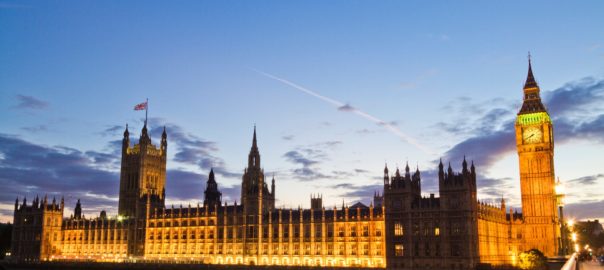In Britain’s referendum on EU membership 52% of voters backed leave. Only 27% of the House of Commons favoured this option. Close to 70% of Conservative constituencies chose to exit the EU. Only 44% of Conservative MPs followed suit. Around 60% of Labour constituencies came down on the side of Brexit. Only 4% of Labour MPs supported this course of action. The Brexit vote revealed a deep chasm between the British people and their representatives.
This divide didn’t emerge overnight. The Brexit vote didn’t suddenly wrench citizens and politicians apart. Commentators have been talking for decades about the growing disconnect between society and the political elite (in the UK and the west more generally). What’s more, the decision to leave the EU hasn’t suddenly healed this division. Indeed, many leave supporters see the British government’s current Brexit deal as a conspiracy to thwart the popular will.
Yet this divide does present something of a puzzle. In a representative democracy like Britain it shouldn’t exist. There should be broad alignment between the governed and the governing. That’s what representative democracy is about. Parliament is meant to mediate political differences and pass laws that are by and large in tune with society. And parties are meant to aggregate the political preferences of different social groups and implement these by winning offices of state. But this isn’t how things have turned out. What has gone wrong with British democracy?
